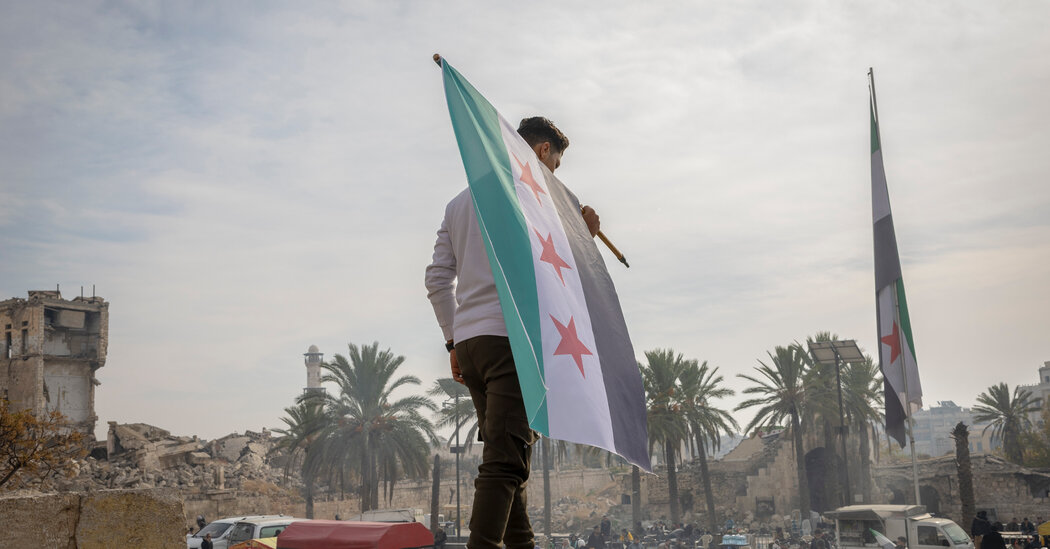In the days since the abrupt and unexpected obliteration of Iran as a dominant presence in Syria, the government has faced a fierce public backlash over the billions of dollars spent and the Iranian blood shed to back the Assad regime.
The criticism has come from unexpected corners, including conservatives, and is flowing freely on television channels and talk shows, and in social media posts and virtual town halls attended by thousands of Iranians. It also appears on the front pages of newspapers every day.
One former lawmaker, Heshmatollah Falahatpisheh, said in a social media post that Iranians should rejoice at the fall of Iran’s longstanding ally, President Bashar al-Assad of Syria. “No one will be able to waste Iran’s dollars for maintaining a spider web any more,” he said.
While opponents of the government have long bristled at the money Iran has sent all over the Middle East, the sentiment now seems to have spread. Even some who fought on their government’s behalf in Syria or lost family members in the civil war there are asking if it was worth it.
The Assad regime, some noted, was not the only loser to emerge from the uprising.
Ebrahim Motaghi, a professor of international relations at Tehran University, said on a talk show that Iran had been reduced from regional power to merely another country.
Some questioned the very foundation of Iran’s strategy over the past decades for making itself a dominant regional force that would confront Israel and its main backer, the United States: Tehran’s support for the array of militant groups across the Middle East that it called the axis of resistance.

